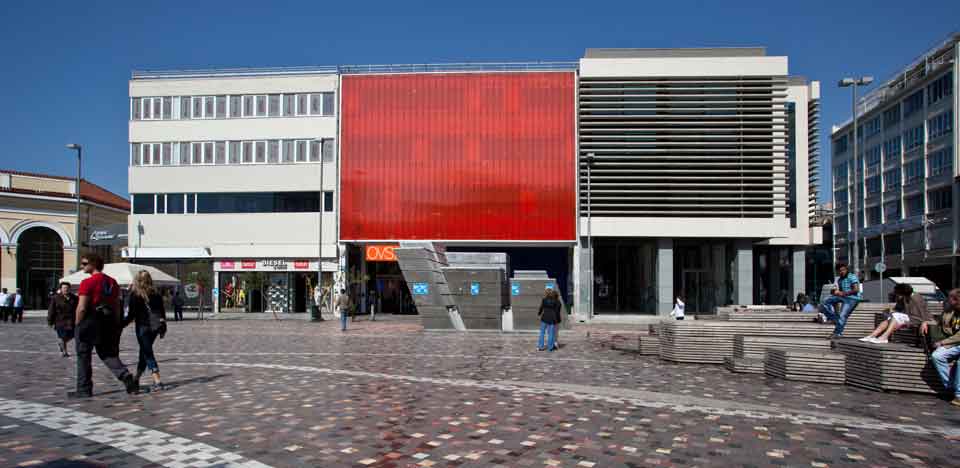Foreign investors see local realty devalued

The pandemic has forced huge changes in the plans and targets of the major foreign investment funds that have positioned themselves in the Greek real estate market over the last few years. The expansion of the 40% rent discount to all affected enterprises in commerce, food service and tourism for the month of June too, will signify a revenue drop for over three months in total.
Consequently there is concern that these reductions may be kept in place for the rest of the year as well – if not next year too – unless market conditions improve.
This situation is definitely not exclusive to Greece, but is certain to bring commercial property values down due to the reduced revenues they will fetch in the coming months. This will have a negative impact, mainly on the funds that had leveraged a large section of their capital. For example, in the previous crisis, in the early 2010s, several foreign investment funds in the US and elsewhere were asked to provide additional collateral for the loans they received from banks for property acquisitions implemented.
The 40% reduction on rents has also created complications for small private investors who had bought into the domestic property market by acquiring, for example, a store, and received a residence permit in the context of the Golden Visa program. These people, mainly Chinese nationals, are now being asked by their tenants – typically small apparel retailers – to make the lease terms more flexible and extend the rent reduction to more months.
On the other hand, both the real estate investment companies (REICs) and foreign funds with a more long-term investor profile perceive the current situation as a “necessary evil” given the conditions.
Note that according to data compiled by Proprius, the property service company that represents international firm Cushman & Wakefield in Greece, institutional investors placed about 1 billion euros in the Greek realty market in 2019. The majority of that (about 55%) concerned office buildings, another 25% hotels, 10% industrial properties and 5% stores. Proprius reported that domestic REICs accounted for about 20% of the above amount, while the other €800 million came from foreign private equity funds, companies that acquired buildings for their own use, private investors and family offices.





